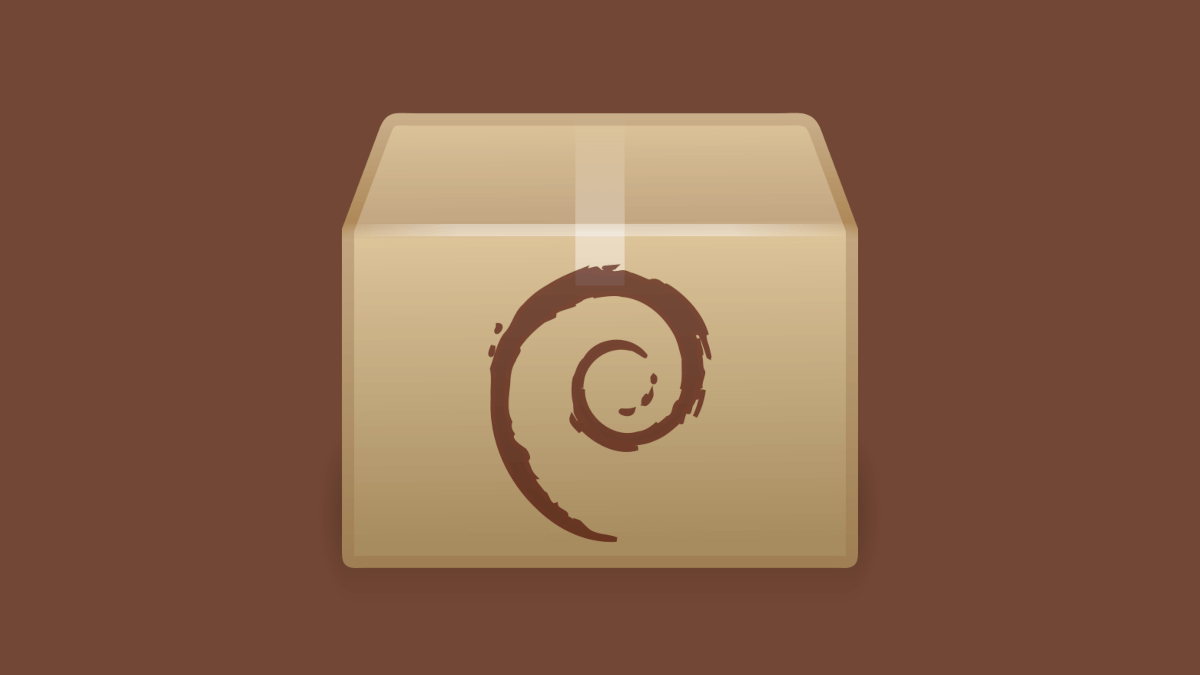If you are a Debian or Ubuntu user, you have probably come across .deb files while installing software. Just like .exe files on Windows, .deb files are package installers for Debian-based Linux distributions.
This guide will explain everything you need to know about installing .deb files properly on Debian, Ubuntu, Linux Mint, Pop!_OS, Elementary OS, MX Linux, and all other Debian-based or in Ubuntu-based Linux systems.

We’ll cover different installation methods, common errors, fixes, and FAQs so you can install any .deb package with confidence.
What is a .deb File?
A .deb file is a Debian Software Package. It contains:
- Executable binaries
- Metadata (version, dependencies, maintainer info)
- Configuration files
Think of it as a container that ships software in a ready-to-install format.
Examples of popular .deb packages include:
- Google Chrome (
google-chrome-stable_current_amd64.deb) - Visual Studio Code (
code_x.xx_amd64.deb) - Discord, Zoom, Skype, Spotify etc.
Methods to Install .deb Files on Debian-Based Systems.
There are multiple ways to install .deb packages. Let’s go step by step.
1. Using dpkg (Debian Package Manager):
This is the classic way to install .deb files.
sudo dpkg -i package-name.debReplace package-name.deb with the actual file name.
If you face missing dependencies, fix them with:
sudo apt-get install -f- Pros: Simple, fast.
- Cons: Manual dependency fixing required.
2. Using apt (Recommended):
From Ubuntu 20.04+ and newer Debian releases, you can install .deb files using apt directly:
sudo apt install ./package-name.debThe ./ is important (it tells apt that the file is local).
- Pros: Automatically handles dependencies.
- Cons: Only works on newer versions.
3. Using gdebi (Best GUI/CLI Tool):
gdebi is a lightweight tool designed specifically for .deb files.
Install gdebi first:
sudo apt update
sudo apt install gdebi-coreInstall .deb file:
sudo gdebi package-name.deb- Pros: Automatically resolves dependencies, user-friendly.
- Cons: Requires extra installation.
4. Using aptitude:
Some advanced users prefer aptitude.
sudo aptitude install ./package-name.deb- Pros: Smart dependency handling.
- Cons: Not pre-installed, needs setup.
5. Using Graphical Software Center (Beginner-Friendly):
On Ubuntu, Linux Mint, Pop!_OS, and many others:
- Right-click on
.debfile - Select “Open With Software Install”
- Click Install
- Pros: Easiest method for beginners.
- Cons: Sometimes fails silently, less error detail.
Common Errors & Fixes When Installing .deb Files.
| Error Message | Cause | Solution |
|---|---|---|
dpkg: dependency problems prevent configuration | Missing dependencies | Run: sudo apt-get install -f |
dpkg: error processing package (--install) | Wrong architecture (32-bit vs 64-bit) | Check with uname -m and download correct .deb |
command not found: gdebi | Tool not installed | Run: sudo apt install gdebi-core |
| Package installs but app not launching | Missing libraries | Update system: sudo apt update && sudo apt upgrade |
How to Uninstall .deb Packages?
If you installed a .deb file but want to remove it:
sudo apt remove package-nameOr completely remove (with config files):
sudo apt purge package-nameCheck installed packages:
dpkg -l | grep package-namePro Tips for Installing .deb Files Safely.
- Always download
.debfiles from official websites (e.g., Google, Microsoft, Zoom). - Keep your system updated before installing new software:
sudo apt update && sudo apt upgrade - Prefer official repositories or PPAs when possible (easier updates).
- If you need regular updates (like Chrome or VS Code), add their repositories instead of manually downloading
.debfiles every time. - Use
aptorgdebifor dependency handling – avoid rawdpkg -iunless you know what you’re doing.
FAQs About .deb Files.
Q1: What is the difference between .deb and .rpm?
.debis for Debian-based distros (Ubuntu, Mint, MX Linux)..rpmis for Red Hat-based distros (Fedora, CentOS, openSUSE).
Q2: Can I install .deb on Fedora or Arch Linux?
Not directly. You need a package converter like alien:
sudo alien -r package-name.deb(But not recommended – use native repos instead).
Q3: Are .deb files safe?
Yes, if downloaded from official sources. Avoid random .deb files from untrusted websites.
Q4: How to check architecture of my system before downloading .deb?
Run:
uname -mx86_64→ Download 64-bit.debi386ori686→ Download 32-bit.deb
Q5: Can .deb files update automatically?
No. For updates, add the official repository or use .deb only for first-time install.
Final Thoughts.
Installing .deb files is one of the core skills for any Linux beginner or power user. Whether you use dpkg, apt, gdebi, or GUI, the most important part is:
- Download from trusted sources.
- Handle dependencies properly.
- Keep your system updated.
With these methods, you can confidently install any .deb package on Debian-based systems for years to come.
Leave a Reply